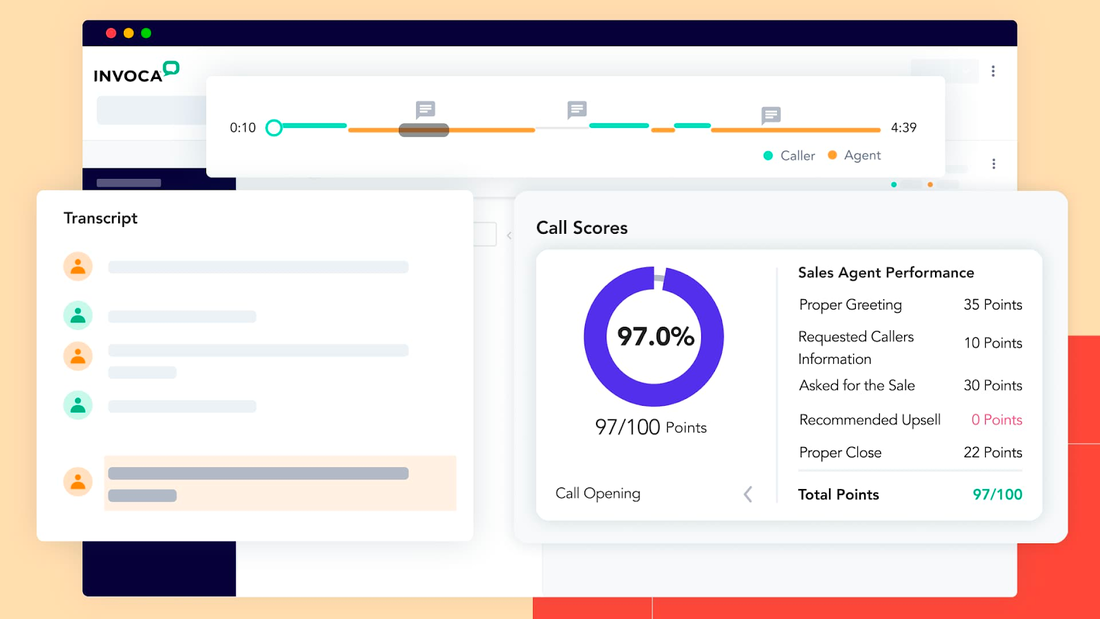
AI tools for business are some of the most important (and interesting) technologies for supporting modern commerce and workplaces. And rest assured they will play a crucial role in the future as well.
A growing number of users across industries such as healthcare, finance, retail, and automotive are embracing the power of AI platforms to help analyze everything from statistics in marketing to inventory management and payroll. They’re also using this advanced technology to innovate new products, services, and customer experiences and help make their employees more efficient overall.
In this post, we’ll look at how companies are harnessing the power of AI tools for business success, including areas where the technology is commonly deployed today. We’ll also examine some best practices for adopting AI tools for business and some key benefits of implementing AI solutions.
First, let’s look at why many businesses are eager to work with or expand their use of AI.
Many businesses are grappling with inflationary costs, labor shortages, and the pressure to become more efficient to maintain customer relationships and compete. Small businesses, especially, can benefit from AI’s ability to increase productivity by automating repetitive tasks, streamlining and optimizing operations, and handling large volumes of data for analysis to provide valuable business insights.
AI platforms can be invaluable to content creators, sales teams, customer service functions, and other users by freeing up employees to handle more high-value tasks. AI tools can also reduce costs, drive revenue, and amplify return on investment. Some of the best AI tools in the marketplace today are readily accessible and cost-effective, even for small businesses.
So, where are businesses typically incorporating AI capabilities? Here are seven key areas where AI tools for business can create value for users by streamlining workflows:
It’s a rare CRM system today that fails to offer some form of AI to automate customer service tasks and provide functions throughout the business with better, more organized customer data and tools. Examples of AI in the CRM arena include:
Sales and marketing organizations can access powerful AI-driven marketing tools designed to help them improve efficiency and productivity. AI capabilities for these functions include:
AI in the contact center can capture a tremendous volume of phone calls from customer support and sales. It also provides a wealth of customer interaction data to improve the customer experience as well as inform agent training and performance. Future-forward call center operations use AI for:
AI tools and platforms can also streamline and strengthen links within supply chains — which supply chain managers sought to do long before pandemic pressures exposed critical weaknesses in these operations. AI can strengthen supply chain management in areas such as:
It may sound counterintuitive, but AI can help to improve the management of people in an organization, even in small businesses. Here are some of the ways that AI can enhance HR:
AI has real value for businesses in terms of providing less costly, more effective, and more rapidly deployable and scalable platforms for fighting cyber risks and intrusions. AI can handle:
Anywhere there’s data to be analyzed, AI’s use of NLP and machine learning can help. The following tools and technologies can help to enhance the work of teams responsible for a company’s business intelligence and analytics:
Before you take the plunge and adopt an AI platform for your business, review these best practices for integration success, so you can get the maximum benefit from your new AI tools:
As we’ve outlined, AI tools can help users in many business functions, but you may have budget or user constraints. Conduct an honest assessment of your operations to identify key pain points and determine where AI can deliver the most significant impact. Then, prioritize AI implementation in those areas.
Once prioritized, select only the tools that will address the needs you’ve pinpointed. Consider factors such as functionality, scalability, ease of integration and use, number of users, and vendor reputation. (A quick internet search can help you research options and find resources like an AI tools directory.)
Start small, deploying small-scale pilot projects to select users to test the effectiveness of AI tools in real-world scenarios before you consider scaling up.
Any investment in your tech stack is useless without proper training for employees who will use the tools. Invest in adequate onboarding and continue training so that your staff become effective (and enthusiastic) users of AI tools.
Make sure you’re getting the most value from your investment in AI by regularly evaluating and analyzing key performance indicator (KPI) data. Those metrics will help you make data-driven decisions and identify areas for improvement.
Among the key benefits users can expect from smart investments in an AI platform are:
Business tools built with natural language, machine learning, and other AI features are rapidly providing early adopters across many industries with a competitive business advantage. And one of the easiest and most rewarding ways to embrace AI tools for business is by minimizing repetitive tasks and digitizing analog functions. This brings a previously largely inaccessible trove of data into play for business — one that can be mined for operational, marketing, and sales purposes.
Invoca’s conversation intelligence platform is a good example of this. Prior to the development of contact center AI solutions, tracking and transcribing phone calls was an onerous task. So, too, was pulling customer and other data from those calls. With Invoca’s conversation intelligence solution, you can track, transcribe, and analyze every call, generating a wealth of actionable data that your business can use to streamline and improve operations and customer interactions.
Just some of the ways Invoca’s customers use our platform include training customer service and sales staff with real-world insights from actual customer interactions, delivering automated quality assurance, optimizing digital ad and marketing campaigns, creating personalized experiences for customers, and reducing costs.
 Sample Invoca agent scorecard generated by AI
Sample Invoca agent scorecard generated by AIInvoca even helps marketers score phone leads, providing accurate attribution to marketing campaigns and allowing businesses to make smart budget decisions. Invoca’s Signal AI is also supercharging call analytics for marketers, allowing them to better understand and even predict consumer behaviors by mining data from phone calls.
The potential for AI in business is seemingly endless. And with solutions like Invoca already accessible to organizations of all sizes, there’s no need to wait for the future to start putting this advanced technology to work for your business.
Want to learn more about how you can use Invoca AI to drive better business results? Check out these resources:
The original version of this page was published at: https://www.invoca.com/blog/harnessing-ai-tools-business-success
Invoca for Healthcare enables healthcare providers to capture detailed analytics on a new patient’s full journey. This includes the marketing campaign that drove initial interest, the specific webp... Read more
Economists are predicting a recession in 2023 and marketers know all too well what this means: their budgets will be under pressure. A recent study found that about a third ...read more
Are you facing the prospect of a significant squeeze on your marketing budget in the year ahead? You’re not alone. Many marketers across industries from automotive to retail ...read more
The third-party tracking cookie has been crumbling since 2018 and it’s usefulness for audience tracking has waned significantly since. Most browsers block third-party cookies ...read more
Understanding what consumers want and need — ideally, before they even do — is an ongoing imperative for marketers. Artificial intelligence (AI) could make that job much ...read more